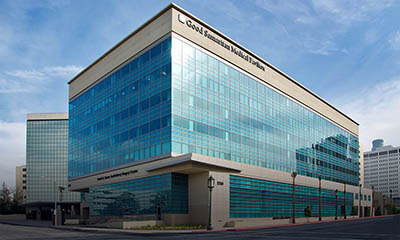- ×
- About Us
-
Conditions
- Hearing Loss
- Tinnitus
- External & Middle Ear Infections
- Mastoid Infection
- Dizziness & Vertigo
- Eustachian Tube Dysfunction
- Bell's Palsy Facial Nerve Paralysis
- Single Sided Deafness
- Anosmia
- Nasal Obstruction
- Nasal Polyps
- Chronic Sinusitis
- Eustachian Tube Dysfunction
- Food Allergies
- Chronic Rhinitis
- RhinAer
- Throat Infections
- Loss of Voice
- GERD
- Swallowing Disorders
- Vocal Cord Disorders
- Nodules
- Throat Disorders
- Strep Throat

Ear

Nasal / Sinus & Allergies

Throat & Voice
-
Services
- Comprehensive Hearing Analysis
- Ear Wax Removal
- Hearing Aids
- Tinnitus
- Comprehensive Dizziness & Balance Testing
- Pediatric Hearing Services
- Eardrum Repair
- Bone Anchored Hearing Aid
- Hummingbird
- NeoSensory
- Anosmia Treatment
- Balloon Sinuplasty
- Recorded Sinus Endoscopy
- In Office CT Imaging
- LATERA
- Comprehensive Allergy Testing
- Allergy Treatment
- TruDi Navigation
- Recorded Throat Examination
- Professional Voice Care
- Singing / Vocal Therapy
- Painless Tonsillectomy
- Sialendoscopy
- Gender-Affirming Voice Surgery
- Robotic Surgery for HPV Throat Cancer
- Video Laryngoscopy

Ear & Audiology

Nasal / Sinus & Allergy

Throat & Voice
-
In-Office Procedures
- Pediatric
- Sleep Services
- Gender Affirming Care
- Legal Consultants
- Contact



















